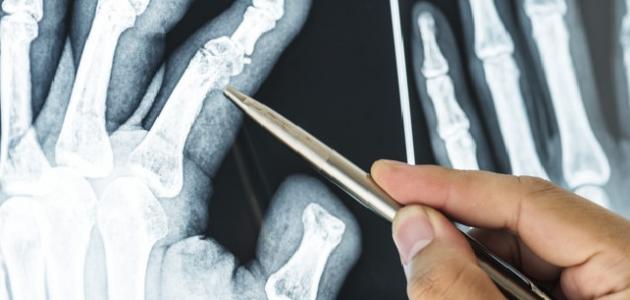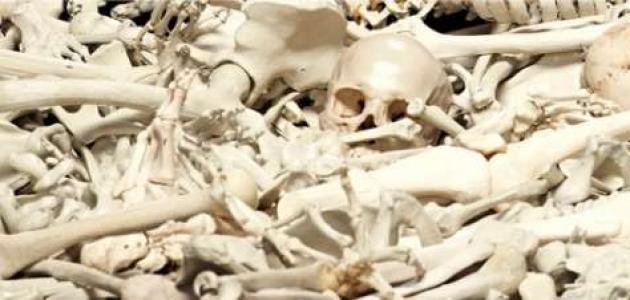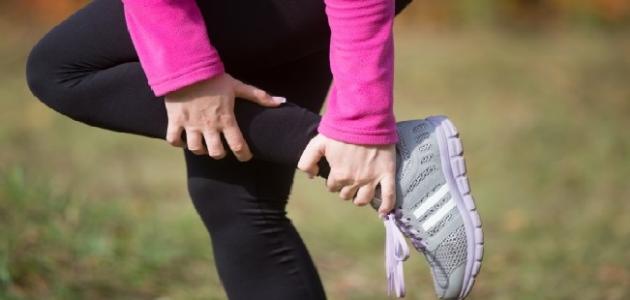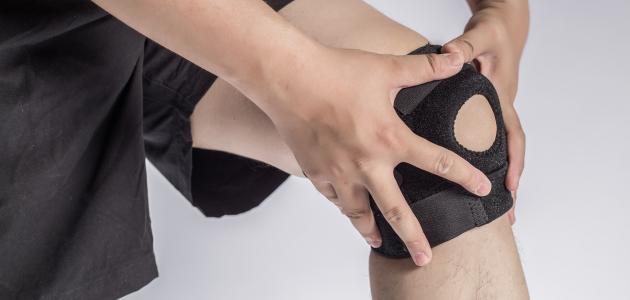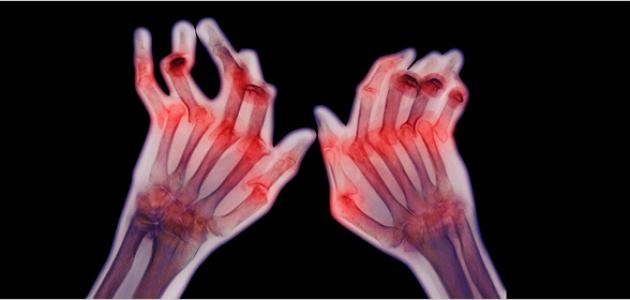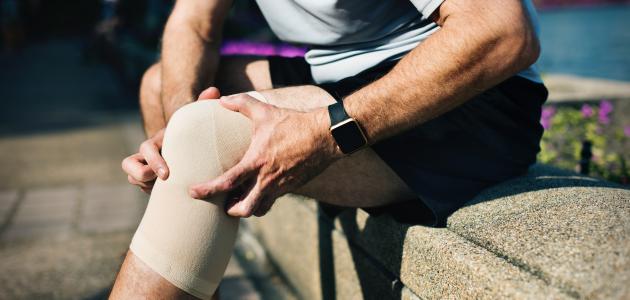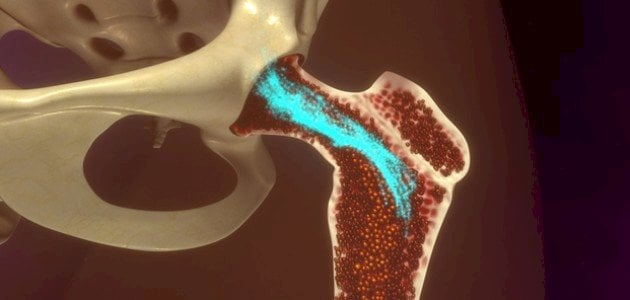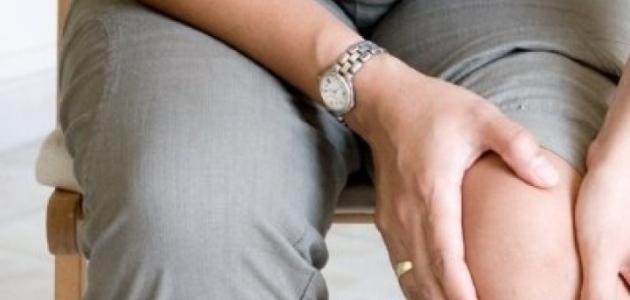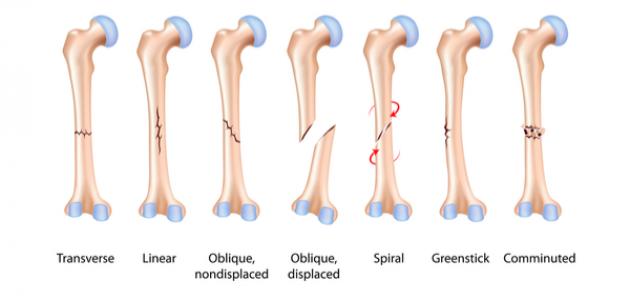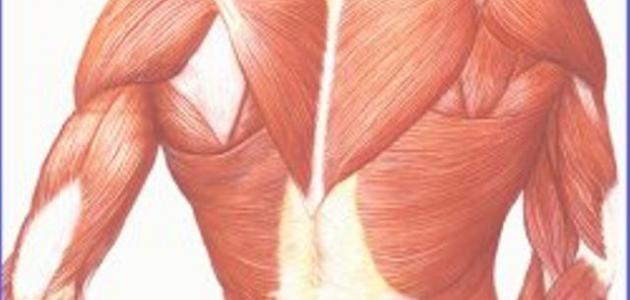Symptoms of osteoporosis
Osteoporosis, or what is known as osteoporosis, causes weak and brittle bones. Falling or exerting light pressures, such as coughing or bending, may lead to a bone fracture. No symptoms may appear during the early stages of osteoporosis, but symptoms begin to appear when... Bone weakness occurs, and symptoms include the following:
- Bending when standing.
- Increased incidence of bone fractures.
- Suffering from back pain as a result of fractured vertebrae.
- Shortening of stature over time.
Risk factors for osteoporosis
There are many factors that may increase the risk of osteoporosis, including:
- Malnutrition: The risk of infection increases in people whose diet lacks vitamin D.
- pharmaceutical: Some medications, such as breast cancer treatments and epilepsy medications, increase the risk of osteoporosis.
- Lifestyle: The risk of infection increases in people who lead an inactive lifestyle.
- genetic factor: The risk of infection increases in people who have a family history of osteoporosis.
- smoking: Smoking increases the risk of fractures.
- Gender: The risk of infection increases in women after menopause, as menopause leads to a slow secretion of the hormone estrogen, which is responsible for protecting bone from excessive loss.
- Age: The risk of osteoporosis increases with age.
- Some medical conditions: Some medical conditions may increase the risk of osteoporosis, examples of which include:
- digestion dysfunction.
- overactive thyroid;
- organ transplant.
- Inflammatory bowel.
Read also:Knee pain
Osteoporosis treatment
There are many medications that help treat and prevent osteoporosis, including:
- Thyroid hormone medications: Which helps increase bone growth.
- Selective estrogen receptor antagonist: Such as: Raloxifene, which helps reduce the risk of women suffering from spinal fractures after menopause.
- Bisphosphonate medications:It helps reduce the risk of fractures and reduces the rate of bone loss.
- Calcitonin: Which helps prevent spinal fractures in women after menopause, and helps reduce pain when exposed to fractures.
